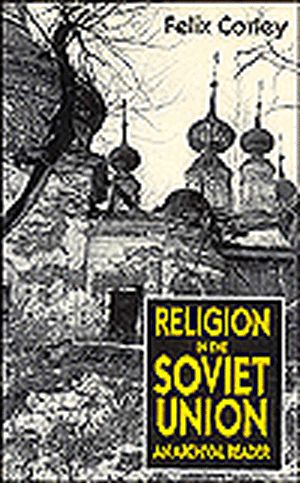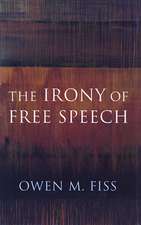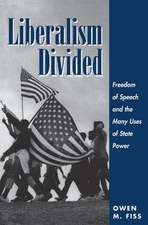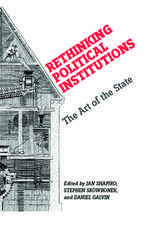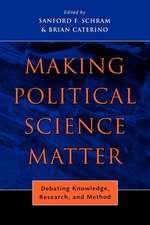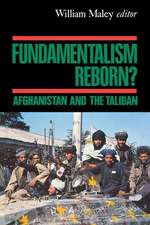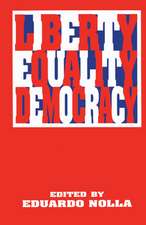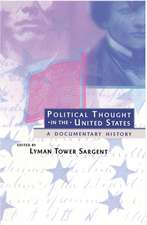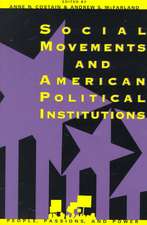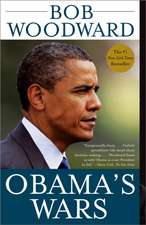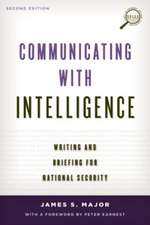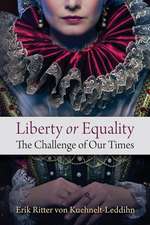Religion in the Soviet Union: An Archival Reader
Autor Owen Fiss Editat de Felix Corleyen Limba Engleză Hardback – 31 aug 1996
Persecution of religious groups by the Soviet state was no secret. Soviet ideology was explicitly materialist and anti- religious; the state made no apology for its repression of religion.
Here, for the first time in English, are the actual documents tracing that repression, clearly revealing the struggle between religious forces and the Russian communist state. Religion in the Soviet Union provides access to the archival materials, translated by the editor, in which bureaucrats debated policy, issued orders, and struggled with the problems religious believers caused the Soviet system. Drawing on previously secret documents from the KGB, Central Committee, Council for Religious Affairs, and local agencies, this book illuminates the varying responses of these policymakers to the Russian Orthodox Church, the Old Believers, Catholics, Protestants, the Armenian Church, Jews, Muslims, and Buddhists as well as to newer groups like the Jehovah's Witnesses and the Hare Krishnas.
This bureaucratic view of religion in the Soviet Union from its founding to its collapse will be of interest to students of political science and religion, as well as to Kremlinologists and historians of the Soviet era.
Preț: 530.61 lei
Preț vechi: 689.10 lei
-23% Nou
101.54€ • 110.26$ • 85.30£
Carte tipărită la comandă
Livrare economică 22 aprilie-06 mai
Specificații
ISBN-10: 0814715397
Pagini: 320
Dimensiuni: 137 x 228 x 37 mm
Greutate: 0.64 kg
Ediția:New.
Editura: NEW YORK UNIVERSITY PRESS
